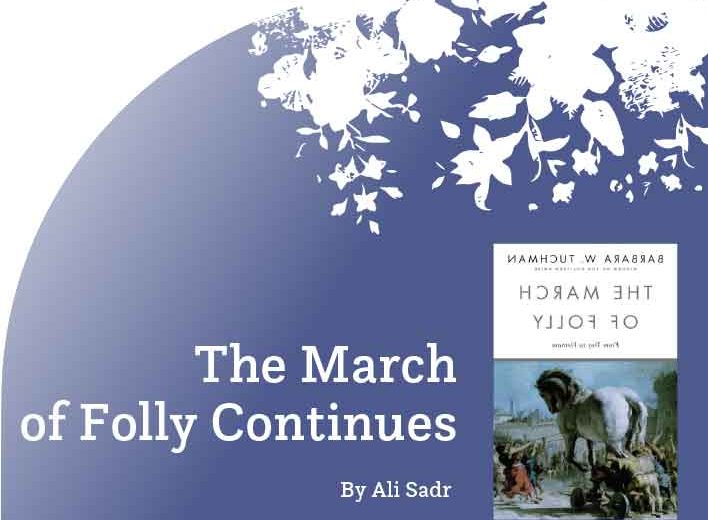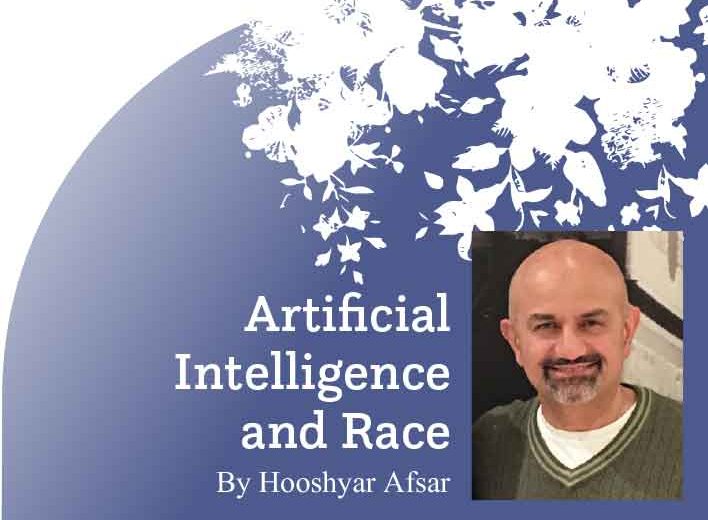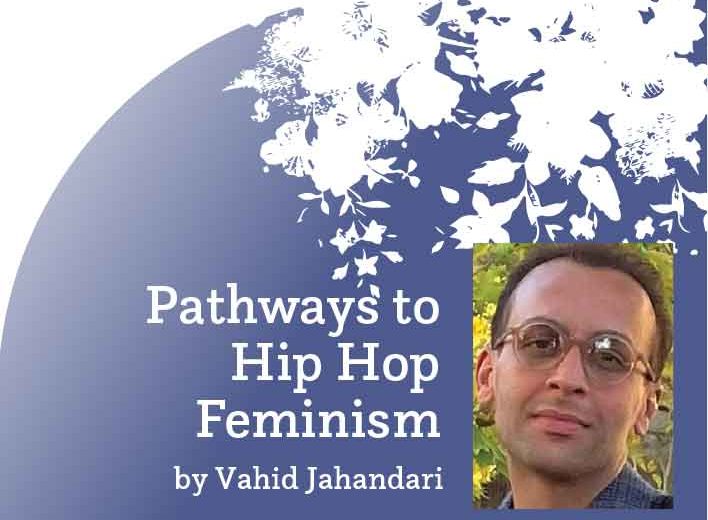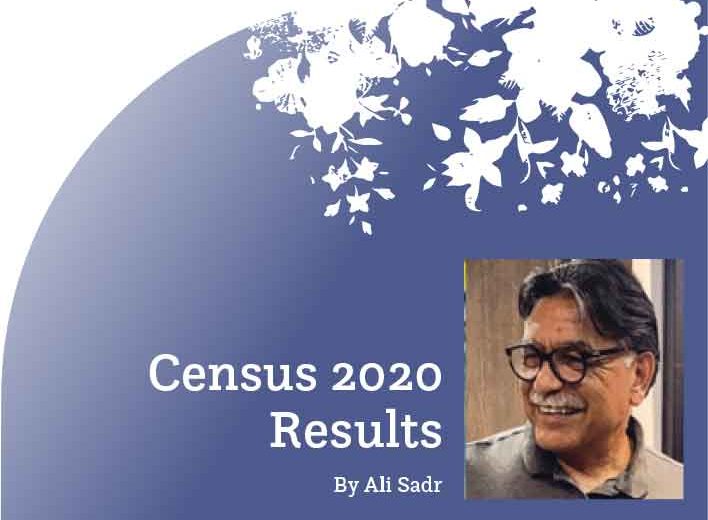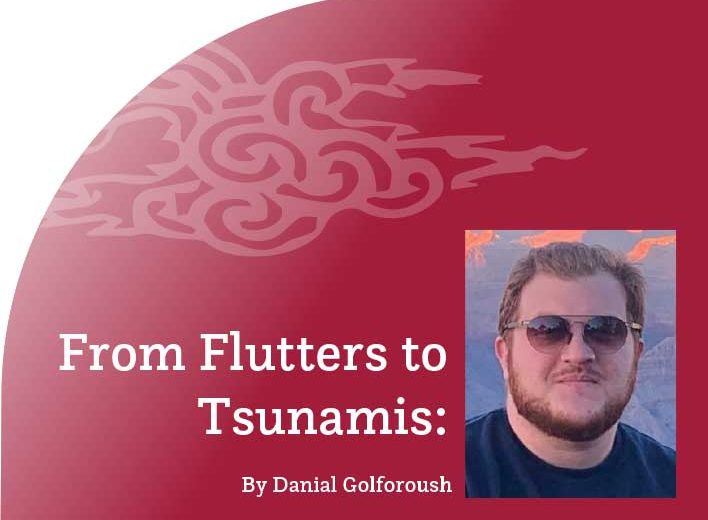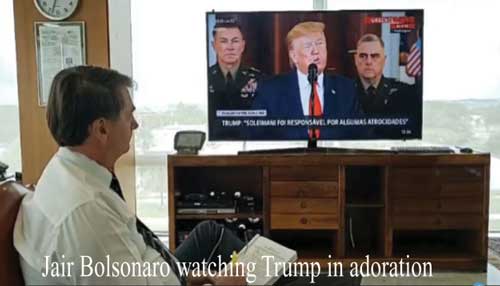
The past four years have been a particularly volatile period in our world. We have witnessed the rise of ethno-nationalist leaders from Brazil to China, from India to Hungary, from the U.S. to the UK. These right-wing leaders are as unoriginal as they are xenophobic; their rhetorical toolkit is full of tired homophobic, racist, and sexist tropes, misused and abused by their predecessors many times in history. Bolsonaro has waged a colonial-style war on Brazil’s indigenous population and their ancestral ecology. Modi is stripping vulnerable groups in India’s Muslim population of their citizenship rights. Xi Jinping is subjecting China’s Muslim population to every form of state abuse imaginable. And Trump’s norm-shattering presidency has been a single ongoing assault on the legal rights of vulnerable Central Americans to seek asylum. These so-called leaders have exploited existing racial fault lines in our societies, tapped into valid economic anxieties and inequality, and framed themselves as the only political actor with the know-how and resolve to fix longstanding social ills. Let’s call them the “Axis of Evil,” recalling a phrase from the garbage bin of history.
The formation of this global “Axis of Evil” is by no means an exoneration of other political actors, including those who lean center or left. The left-wing president of Mexico, Andrés Manuel López Obrador, is a case in point; he was recently seen enjoying tacos with the mother of a drug lord while his country has been grieving the loss of innocent lives as a result of the U.S.-backed drug war. These leaders rose to power, among many other reasons, because they acknowledged that the status quo was no longer sustainable. In the U.S., millions of Americans who voted for Trump and Senator Sanders agreed with this sentiment. No matter how you choose to articulate the problems of the status quo—and I frame them as the unmistakable failures of neoliberal capitalism—these problems are no longer deniable regardless of your political disposition. Put simply, business done as usual has been deadly to millions of people who inhabit this earth. In January, another entity rose on the global stage that proved just as toxic and infectious as this “Axis of Evil:” COVID-19.
It mercilessly spread and left Trump in its wake. COVID-19 has exposed Trump’s fatal incompetence, his worship of the capital market, his contempt for expert opinion, his thuggish attitude toward serious journalists, and above all, his profound disregard for human life. The past three months chronicle his confused efforts to avoid taking responsibility: “it’s a hoax by the Democrats and the media, we got it under control, it will soon disappear, Ok, we should do social distancing, but we should open by Easter, maybe Easter is too early, but we should still get back to work soon.” I’d like to know: where are those now who were saying for years that the government is part of the problem, not the solution? Can you get tested at Amazon or Boeing? Where are those who said we need a businessman to run the country and that Washington insiders are all bad? We’re in the middle of a global pandemic when we need scientific facts the most; instead, we keep getting Trumpian sales pitches: “private companies are making beautiful ventilators, the tests are beautiful, more perfect than my transcript” (his actual words!). Can anyone be entirely sure that he won’t one day sell “tremendously beautiful graves” on national television? Never sure with Trump.
Confusion is the state of mind of a neoliberal capitalist system that has been selling the mythologized narrative of the “free market” with money falsely posing as a neutral mediator. This is the fiction upon which every administration since Reagan has justified reducing the ability of the government to operate its core functions and ceding control to the private sector whose bottom line is capital gain, pure and simple. During this global crisis, even the most clear-minded thinkers among us can feel overwhelmed, disoriented, and depressed, let alone this writer. I dreaded the idea of writing this article for so long precisely because I have not had the time to process my overwhelmingly disparate range of emotions: anger, sadness, fear, hope, relief. Instead of pretending that my thoughts need to cohere into a thematic whole, I will present to you my critical reflections, each corresponding with an emotion. These personal reflections ultimately speak to the state of our planet in the face of a shared global threat.
Anger
I feel angry because this global pandemic was avoidable in many ways. China was aware of the health problems posed by the wet markets from which COVID-19 is thought to have arisen. Once COVID-19 broke out, the Chinese government silenced the doctor who tried to inform the world of the outbreak. This was a breathtakingly irresponsible and criminal act, now that its global implications are better understood. The Chinese government is responsible, in no small part, for this global pandemic. But the U.S. government has spoken from both sides of its mouth for years with regards to China. We are addicted to the cheap labor China offers the U.S. consumerist market, but we also complain about currency manipulations and theft of intellectual property. This hypocrisy was evident in the U.S. response to COVID-19 as well in the way Trump called it the “Chinese virus”—a racist phrase no doubt—and avoided taking responsibility for the late start and lack of preparation that marked his administration’s response. The Chinese government did not decide to ignore a 69-page document that the Obama administration handed down to Trump’s administration with detailed information on how to prepare for the next global pandemic. Trump’s cronies did. This virus does not have a single birthplace for the ground condition that gave rise to economic disparity is a global problem. Poverty in many parts of our world is a death sentence and many governments around the world, from the U.S. to China, have utterly failed their people.
Sadness
I have felt utterly heartbroken for so many people around me: small business owners, their laid-off workers, senior citizens locked inside nursing homes without their families, thousands of Americans close to retirement whose 401(k) accounts have been just slashed by the volatility of the market, and employees of feudal-minded corporations like Amazon who are forced to keep working in unsafe conditions to provide for their families. Just search for the Op-Ed of a former Amazon employee named Chris Smalls who was fired after he demanded that Amazon provide employees with weakened immune systems paid sick leave. Meanwhile, Jeff Bezos just spent $165 million on a new Beverly Hills mansion and paid zero dollars in taxes in 2018 thanks to the tax laws that Republicans passed in 2017. I feel sad because for years society bought into the fiction that CEOs like Bezos deserve to earn astronomical amounts of money because they create thousands of jobs and help turn the wheel of our economy. Thanks to this global pandemic, we’ve realized that the world does not need a Jeff Bezos when one’s life is on the line. The world needs nurses, doctors, the janitorial staff of hospitals, grocery store employees, farmers (many of whom are undocumented), scientists, and many other underappreciated professionals. I have also felt profoundly sad for my countrymen who were let down by their corrupt leaders. 2020 has been a catastrophic year for them so far with no end in sight. The implications of the Iranian government’s disastrously slow and botched response to COVID-19 may pose an existential threat to the Islamic Republic the likes of which they have not yet faced.
Fear
I fear for the well-being of my loved ones, first and foremost. My heart is also equally with refugees and asylum-seekers who are trapped in terrifying proximity to different sources of danger from which they need to escape. The global community has come together to cooperate in the face of this shared threat, but ultimately it has acted along national lines by shutting down their political borders. What happens when refugees and asylum seekers’ access to legal and human resources is cut off? What happens when the media is saturated with the coverage of an unfolding crisis and a racist administration takes advantage of it by deporting thousands of Central American asylum seekers without due process to their countries of origin? And these precious souls will take with them a pandemic for which their medical system has no response. There is also worrying news that maras or gangs in places like San Salvador are violently reinforcing the stay-home order because their main source of income —extortion— is now under threat. I fear that other world leaders will follow the example of Hungary’s Viktor Orbán in adopting authoritative measures to grab powers not given to them by the constitution. I fear that the Democratic party is too inept to secure the 2020 elections, benefiting their rivals who operate through minority representation. Only time will tell how valid these fears are, and I sincerely hope to be proven wrong on all accounts.
Relief
For decades, climate scientists had warned us of the dangerous effects of over-reliance on fossil fuel. We have faced, in recent years alone, many of those effects: extreme weather ranging from record-breaking heat to more regularly occurring hurricanes, food insecurity, and the destruction of endangered species and ecologies. Progressive politicians have tried to amplify those scientific findings by presenting imaginative, if flawed, legislative solutions to the problems posed by the climate crisis. The Green New Deal is one such example. Many, mostly right-wing pundits of course, have attacked the New Green Deal in bad faith, instead of engaging its flaws and seriously debating its practical merits. As our entire human economy is undergoing unprecedented changes, many of its proposals seem more politically appealing and urgent than ever. For instance, why on earth is the U.S. government still subsidizing oil companies that have broken records in revenue in recent years? Seeing the ways in which all non-essential activities have stopped, one wonders: was it really necessary for different companies to send their employees across the continental U.S. for a meeting that can take place on Zoom or Skype? NASA has already reported a drastic drop in carbon emissions, which begs the question—why do we not try to alter our lifestyles to live in greater harmony with the earth that sustains us? For those reasons, I have felt relief since the world has come to a halt and our oceans, skies, and forests have begun to breathe. Besides COVID-19, nothing could have stopped a capitalist market designed to march on at the expense of those who make its wheels turn, even as they end up being crushed by it.
Hope
Every tragedy offers hope only if we seize the moment to make things right. As an educator, I have seen so many acts of thoughtfulness and generosity in the past three weeks. Some companies are offering college students free high-speed internet for the duration of the spring semester (22% of Americans do not have access to the Internet at home). Many major academic databases and libraries around the world have begun to offer free access to their treasure trove of scholarly articles and books. Many universities have made available their courses on academic subjects ranging from computer programming to Shakespearean plays to learners around the globe free of charge. Many students with disabilities are relieved to be able to finally take courses from the comfort of their homes. One of the most pressing questions at the heart of capitalism is the grossly unequal ways in which information and resources are distributed. These acts of generosity, as heartwarming and urgently needed as they are, must fundamentally change something in the thinking of people in charge of financial and educational institutions. They must now realize, one hopes, that the older ways of walling up information inside a fortress that only money and privilege can open will contribute further to the growing wealth gap and economic disparity that will deliver another global pandemic in a few years’ time. Now that we have seen a glimpse of what a new world can look like, we must fight the idea of business as usual from rearing its ugly head the moment this global pandemic is largely contained. Let’s not forget what is at stake: democracy is an aspirational form of government fully functional only when information and resources are distributed equally. In the absence of access to information and material possession, there only exists a shadow of democracy. And such dangerous fiction will deliver more political victories to leaders who constitute the “Axis of Evil.”
Aria Fani is an assistant professor of Near Eastern Languages at the University of Washington, Seattle. Reach out to him at ariafani@uw.edu.


